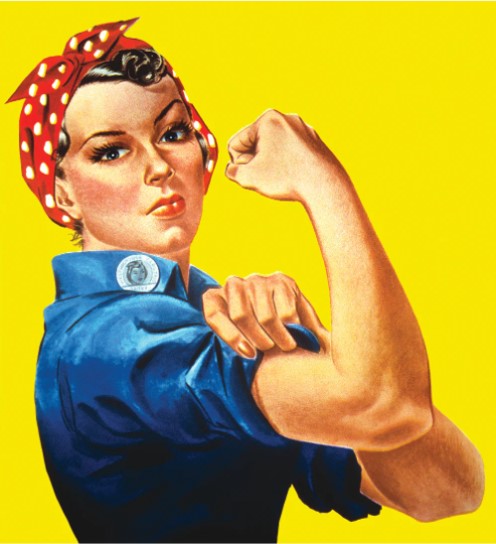March is Women’s History Month
Women’s History Month
When I started Benesprays/itSpray I started a blog at the same time. That original blog was about raising a family & a company. The company and family took over my life, and needless to say, my blog does not exist.
This March feels like a good time to mix in a little family with business. In our house, we celebrate my daughter’s half birthday in early March, just about two weeks before my own birthday. I’ve heard that more women are born in March, than in any other month. Of course, we also honor Women’s History Month, and March 8th is International Women’s Day.
On to business
I want to share with you the role women play in health-related fields by driving innovation in how we understand and care for health. This article from Everyday Health shares great facts. Below that, are some dates and facts regarding women’s health care.
12 Key Moments in the History of Women’s Health | Everyday Health
Here are some notable facts
- The 1800’s saw a significant increase in birth rate. This population explosion led to families having an average of 7 children per family vs an average of 1.9 currently.
- 1849 we saw the first female doctor – Elizabeth Blackwell. She graduated first in her class, opened a clinic for women and children, and then a women’s college.
- 1896 J&J commercialized the first tampon and changed menstrual care.
- 1914 the first modern bra
- 1916 Birth Control Clinic in Brooklyn, NY
- 1931 PMS was “discovered”
- 1960 the first birth control pill

- 1969 Mammograms transitioned to low radiation machines
- 1970 Our Bodies Our Selves

- 1973 Abortion was legalized
- 1977 the first sports bra
- 2006 the morning after pill
All of these strides are great to help us take care of what we need for our bodies. Women’s hormones are different, our bodies need different nutrients at different times in our lives. As it becomes more acceptable to say our bodies are different, we also need to continue educating ourselves.
What can you do?
Take time to listen to your body and how you feel. Listen at the end of the day, after a work out, and when you are balancing crazy schedules. Often times vitamins, minerals, hydration and other natural products can help replenish. Aid your body in supporting your immune system.
This Women’s Month our challenge to you is to figure out what you can do for you own unique body. We have only been discovering it for about a century, but women have been around since the beginning of time. Listen and care for yourself. What can you do to be feeling better as a woman this month?



